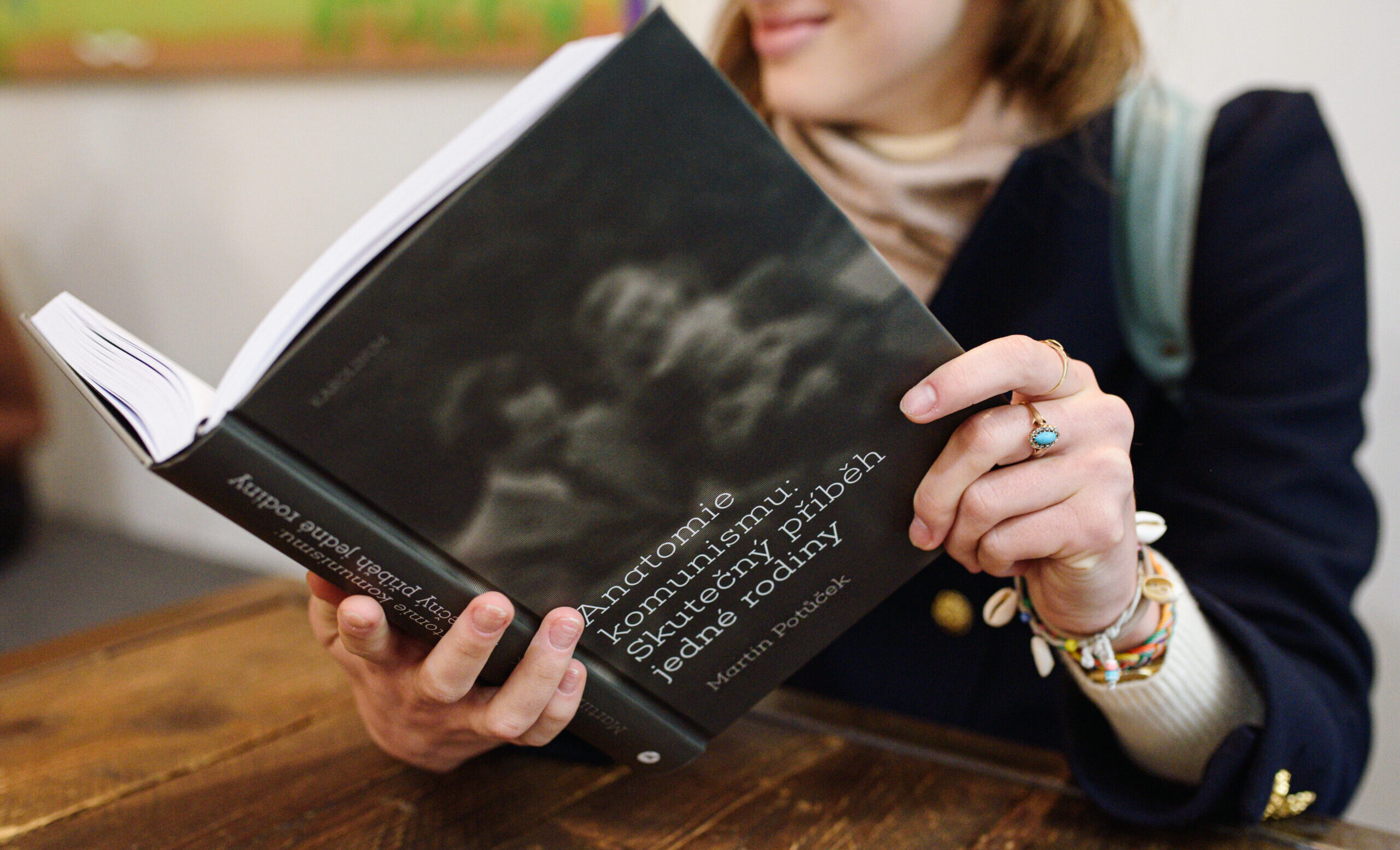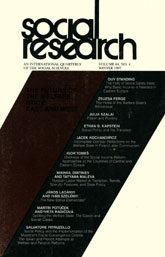Potůček M., Radičová I.
Social Research, Vol. 64, No. 4 (Winter 1997), pp. 1605-1643
Abstract: The split of Czechoslovakia at the end of 1992 and the establishment of the two independent states saw the creation of a sort of a natural social experiment. How strong is the heritage and how long is the institutional path-dependency of social policies in these countries? What factors cause potentially different choices of political goals and instruments in both countries? Do their social policies really differ? In trying to answer these questions, this paper starts with the description of the historical, cultural, political, economic and social conditions of the newly established states. Social policies and social policy reforms in specific areas are analysed: employment policies, policies of social security, housing and health care. Cross-national and cross-sectional comparisons allow for some preliminary conclusions. The Slovak government was more prepared to give up some of its responsibilities to public self-management and local government bodies in order to pass on the responsibility for solving urgent social problems (esp. employment policy, social insurance). The Czech government retained the majority of the responsibilities in these sectors because it enabled the state to redistribute resources collected there for other purposes. Whereas in the Czech Republic the development of corporatist institutions has occurred principally in the health sector (as a consequence of the medical profession being able to use these institutions to support their interest), the Slovak Government has maintained close control of health care reform. The Czech government was able to pursue the reform of the system of state social support (with the obvious tendency to replace universal schemes by means-tested ones), whereas the Slovak government has not had enough courage to do the same, faced as it has been by constant pressure of emerging social problems. The cumbersome and ineffective system of state social aid institutions has remained basically unchanged in both countries, the only exception being the creation of space for the activities of local non-governmental organisations. Both states have withdrawn most of its previous responsibilities for housing, most importantly in terms of state subsidies.

